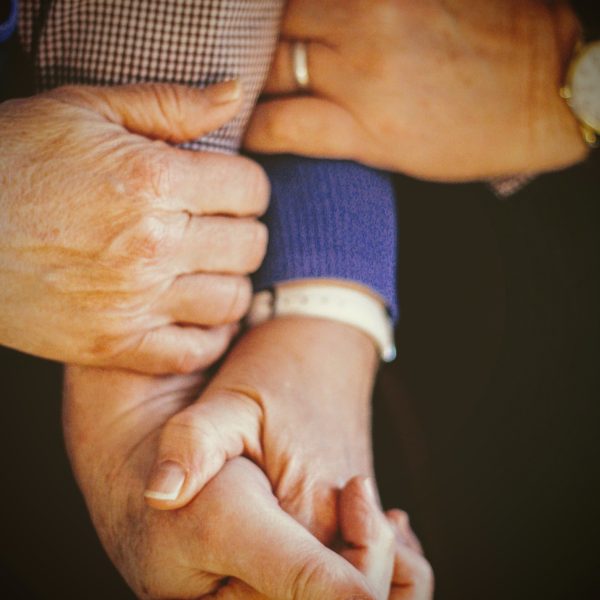
Accompanying You on Your Dementia Journey
Care Partner Support
Rooted in Community,
We Serve Together and for Each Other.

MY APPROACH: As someone who once held this role, I know the first sting and subsequent numbness that your job may cause. You should never be left alone, without an advocate or a listening ear. We deserve places where we can talk about our role, what we need, what we desire, and what causes the greatest amount of stress and anxiety about our job, without the uncertainty of approaching HR, our manager, or others on our team. I seek to provide you with the tools you need to live fully alive as you serve those in your care.
Ways of Support
01.
Professional Support Groups
Gathering with your professional care partners (regardless of role in your organization) to create community, and communicate stresses, sadness, loss, and successes. – Will use the traditional support group model or a tailored version to best support your team.
02.
Life Enrichment Onboarding
Whether looking to revamp your enter Life Enrichment program or seeking to better welcome new members to your team, let us co-create together a program that fits the desires, needs, and interests of your residents by magnifying the gifts of your team.
03.
Mentorship
Walking with students, emerging professionals, and new professionals in dementia care to guide this first chapter in the professional journey.
Weekly or Monthly format offered.
04.
Resident and Family Counsel Meeting Facilitation
Facilitating meetings that can be tender in subject and conversation so that you can have the information you need to become the best version of yourself.
05.
Mental Health First Aid
COMING SOON!
06.
Connect and Create Institute
Seeking deeper education? A chance to network with fellow senior living staff? The Connect and Create Institute is a platform that both engages and supports your professional development in Creative Engagement and desire to become the best version of yourself at work.
08.
The Hem of Christ
Our Sister Non-Profit offers programs and retreats to help you grow in faith, and navigate a career in healthcare while remaining true to your faith and the teachings of the Church.
Easy Actions to Take Today
Don’t Silo Your Teams
Don’t silo the teams and departments within your organization. Allow for engagement to encompass the entire staff volunteers and even the families of the residents.
Look For Skills over Masters
When you hire an Actives Director look not at the highest degree or number of certifications, instead, look at both the formal and informal education they have received (this includes being a family care partner) and ask beautiful questions about what each person can offer the community and their dreams for their place in the role.
Everything is Communication
Just as we say that all behavior is a form of communication when working with someone with dementia, so is true for your staff and co-workers.
Go Outside
Find time during each shift to go outside – even if it is raining or snowing. Even if it is for 5 breaths, it can do wonders to help you navigate the challenges of providing care.
